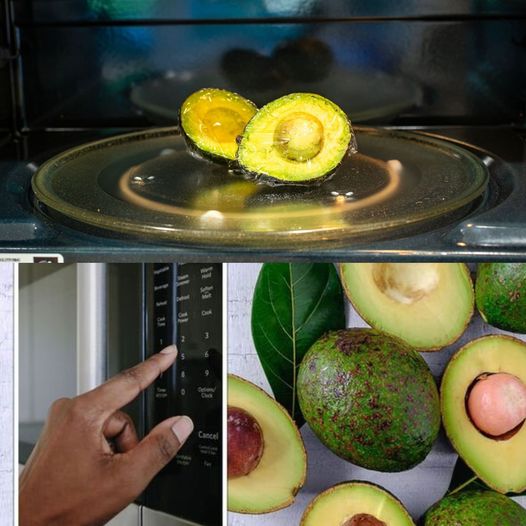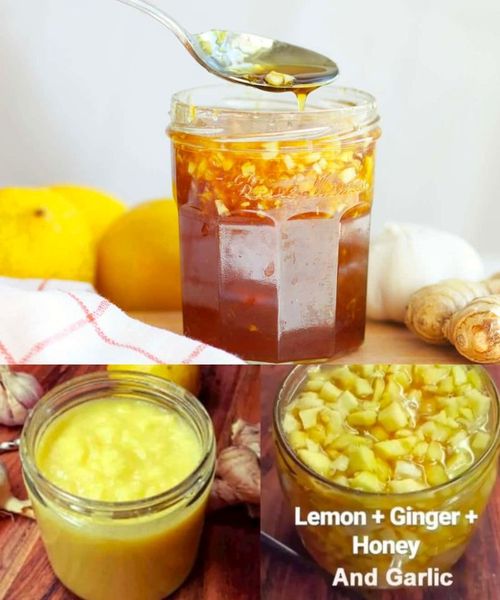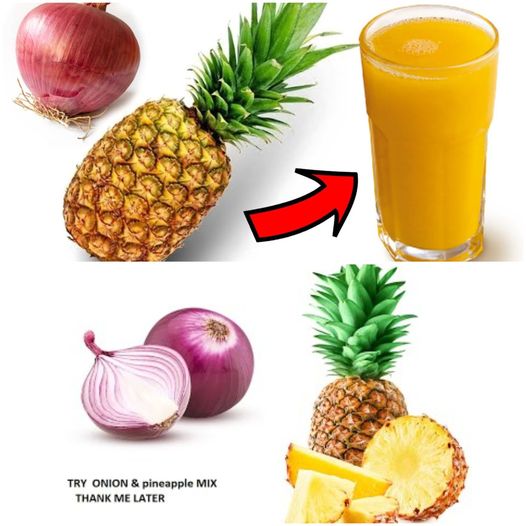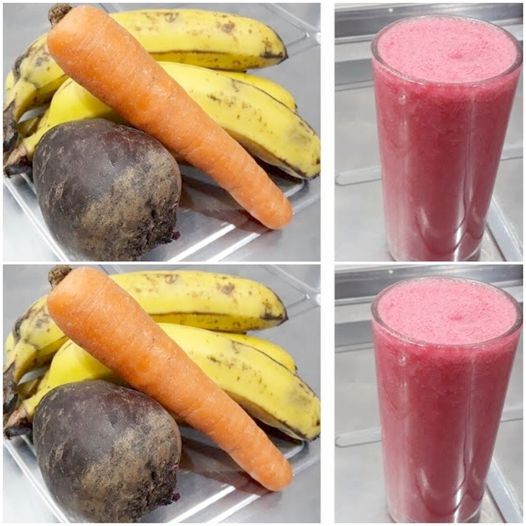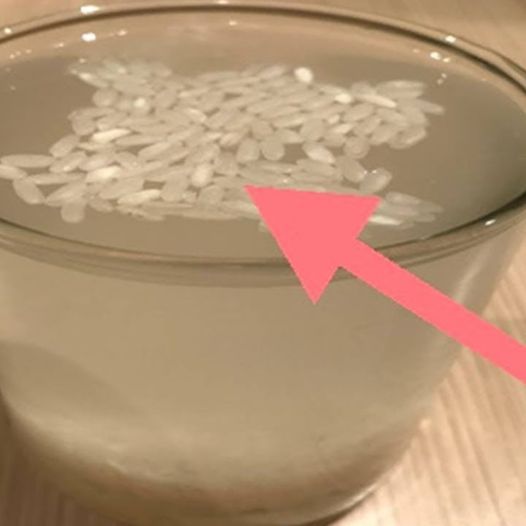If you’re looking for a natural way to fertilize your garden, why not consider using fish scraps? Not only do they help improve soil quality and provide essential nutrients, but they also help reduce waste. However, it’s important to be aware of the potential risks and take precautions to ensure a successful and safe use of fish scraps in your garden. In this post, we’ll explore four different approaches to incorporate fish scraps into your gardening routine.

Benefits of Using Fish Scraps
There are several benefits of using fish scraps in your garden:
- Improves Soil Quality: Fish remains are a rich source of organic matter that enhances soil fertility.
- Provides Nitrogen: Decomposing fish adds nitrogen to the soil, which is vital for plant growth.
- Offers Essential Nutrients: Fish waste contains nutrients like iron, zinc, calcium, and potassium, which contribute to soil fertility.
- Reduces Waste: Instead of throwing away fish bones and other scraps, you can repurpose them in your garden, minimizing waste.
The Downsides to Consider
Despite the advantages, there are a few downsides to using fish scraps:
- Potential Pathogens: Raw fish can carry bacteria that may infect your crops and linger in the soil.
- Risk of Parasites: Using fish scraps can make your soil and future crops susceptible to parasites transmitted by raw fish.
- Attracting Pests: The strong smell of rotting fish may attract unwanted visitors like raccoons and dogs, causing potential health problems.
- Heavy Metal Contamination: Fish, especially those high in mercury, can contaminate your garden and food supply, posing a risk to your health.
Where to Find Fish Scraps
If you decide to use fish scraps in your garden, it’s important to source them ethically, sustainably, and safely. Use only the inedible portions of the fish, such as the head, bones, organs, and excrement. It’s essential to reduce environmental concerns associated with large-scale aquaculture and ensure responsible use of fish leftovers.
Is Store-Bought Fish Fertilizer a Better Option?
Commercially available fish fertilizers have undergone processing to remove harmful bacteria, making them safe to use. Fish hydrolysate, fish emulsions, and fish meal are some examples of these processed fertilizers, each with its own ecological pros and cons.
Four Ways to Use Fish Scraps in Your Garden
Here are four practical approaches to utilizing fish scraps in your garden:
1. Plants That Preserve Fish Scraps: This traditional technique involves burying fish leftovers beneath fruit-bearing plants like cucumbers or tomatoes. The steps are as follows:
- Select the right plants.
- Bury the fish bones at least 12 to 24 inches deep to prevent animals from disturbing them and to manage odors.
- Fish scraps decompose rapidly, providing nourishment to the plants and yielding impressive results.
2. Fish Debris Blend: Although blending fish scraps with water may not be the most appealing option due to the odor, it can be effective. However, odor management and pest control are crucial considerations when using this method.
3. DIY Fish Emulsion: Creating your own fish emulsion liquid fertilizer is another option. Here’s what you need:
- Fish scraps
- Sawdust
- 5-gallon bucket with a lid
- Water
- Unsulfured molasses
Follow the necessary steps to prepare the fish emulsion, and then use it to water your plants twice a week.
4. Recycling Fish Debris: Composting fish scraps can be controversial due to potential pest and disease introduction. However, if you choose to compost fish scraps, follow these safety protocols:
- Place the fish scraps in the middle of the compost pile to reduce odors and discourage animals.
- Maintain a temperature of 145°F for five days to kill any bacteria present.
- Note that the nitrogen content of the final compost does not significantly increase with added fish scraps.
Consider Your Goals and Risks
The approach you choose for using fish scraps in your garden depends on your gardening goals and your ability to manage any potential risks. Each method has its own benefits and drawbacks, so it’s essential to pick the one that aligns with your garden’s needs.
Conclusion
Using fish scraps as natural fertilizer can be a sustainable and effective way to enhance your garden’s fertility. However, it’s crucial to exercise caution, be aware of the potential risks, and follow best practices. Regardless of the type of fertilizer you use, a well-maintained garden will reward you with beautiful blooms and a bountiful harvest.
This has inspired you? Please share this article with your friends!
